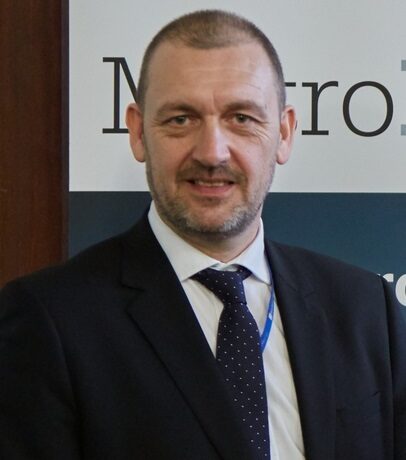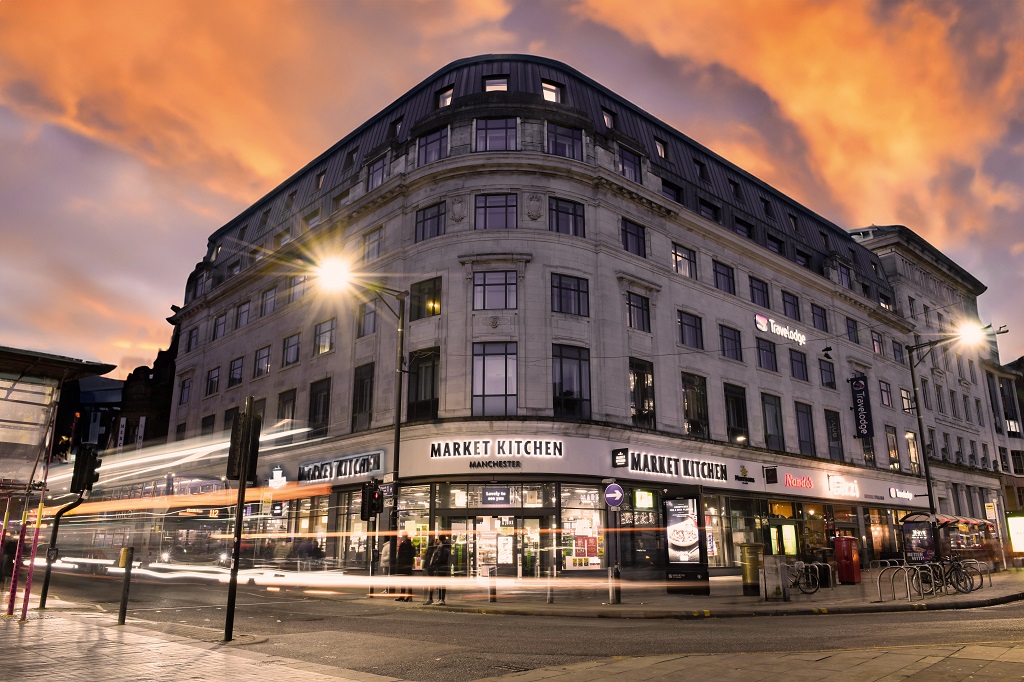Place10: Fact, fiction and fantasy economics
 Each generation has an era-defining time, writes Michael Taylor, now external affairs adviser to the vice-chancellor of Manchester Metropolitan University. Ours wasn’t a summer of love though, more an autumn of fear.
Each generation has an era-defining time, writes Michael Taylor, now external affairs adviser to the vice-chancellor of Manchester Metropolitan University. Ours wasn’t a summer of love though, more an autumn of fear.
In 2008, it felt like the world was truly turning upside down. I can remember vividly the day when my savings account in a bank in Iceland was wiped out. How friends saw their businesses turn to dust. When our advertisers pulled plugs on everything. But the truth is we should have seen it coming. Even as I was spending my dividend cheque from a great 2006, the signs were there that this was more than just a credit crunch, but a catastrophe in the making.
I sat and watched it all from the editor’s chair [Insider, 2000-2012], hearing stories of real drama, real fear and that feeling that this was a seismic, epoch-changing time with a soundtrack by the voices of the age: the BBC’s Robert Peston and Stephanie Flanders, and Jeff Randall, the business correspondent on Sky News.
In the course of that time I also wrote a column called Roger Cashman. He was a grotesque caricature of a greedy and sexist Cheshire businessman. For a while I kept it a secret that it was me. The chairman of the board highlighted it as his favourite part of the magazine and I had to come clean. We’d even get occasional letters of complaint, but more questions as to whether he was for real. My reply was always that he may or may not be real, but that everything he said was true.
The column became a prism through which I told a certain truth about the unravelling of what started in 2007. Here’s our guy, rich, bored, on the brink of greatness and huge wealth, trying to stave off a mid-life crisis. Setting himself up for a life of reality TV stardom, more easy money, sex on the side and, of course, the dalliance with football club ownership. You know that moment in Goodfellas, at the end of act two, when Ray Liotta’s character has it nailed: “We were wise guys, Goodfellas, we had it all.” Well, that’s how it felt back then too.
The jeopardy in the story was entirely a product of the world that surrounded us, events beyond any of our control. The banking squeeze was the beginning, but what was to follow was far worse. We suffered the bleating about the changes to capital gains tax rules, then came the Lehman Brothers “crash”, the Irish banking “catastrophe”, an Icelandic “meltdown”. Then when it seemed there were no words left, the UK’s own “crisis” when the government had to bail out RBS and force Lloyds to swallow HBOS.
It’s also spectacular to look back on that period now in wonder at how business was so much more central to public debate about the economy, how entrepreneurs were venerated and how politicians seemed relatively powerless to control events.
Good hustlers go where the fun is – Jeff Randall’s now a director of Sandown Park Racecourse. Good economists go where the money is – Steph Flanders pitched up at JP Morgan, but will soon be joining Bloomberg. While good journalists go where the story is – following the money was the story in 2007 and that’s where Peston made his name.
Now this is the era of Brexit, Corbyn and Trump, and Peston is ITV’s voice of politics. Says it all.
- To take part in the Place10 series reflecting on the decade since Place North West was first published in August 2007, send your stories and memories to news@placenorthwest.co.uk headed ‘10’.




